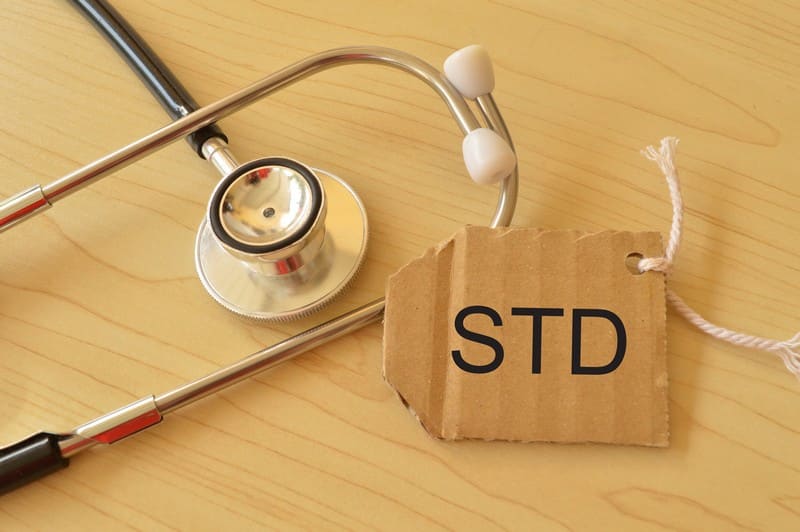Chronic Pain Conditions

Many conditions can cause vulvar pain, from infections and sexually transmitted diseases to skin disorders and allergies. However, the most common ones affecting the vulva are vulvodynia, lichen sclerosis, and contact dermatitis.
Pelvic floor dysfunction is used to describe several disorders related to pubococcygeus (PC) muscle dysfunction. PC muscle dysfunction is often a cause of urinary incontinence, and it can also be a contributing factor in pelvic organ prolapse. The PC is the muscle group that forms a hammock between the pubic bone at the front and the tailbone at the back of the pelvis; therefore, it plays an important role in supporting structures within the pelvic cavity.
Pelvic floor dysfunction manifests in one of two ways – when there’s too much tension on the PC muscles or when there’s not enough muscle strength. In either case, this can result in excessive tension on tissues of the perineum, including the vagina and labia.
PC muscle weakness is often caused by inappropriate use or overuse of these muscles; for example, when women do Kegel exercises without following proper technique or when they experience frequent childbirths or trauma to this area without proper rehabilitation. In addition, pelvic floor dysfunction can also be caused by diseases or injuries that damage the nerves that control the PC muscles. Diabetes and multiple sclerosis can affect nerve function in this area.










